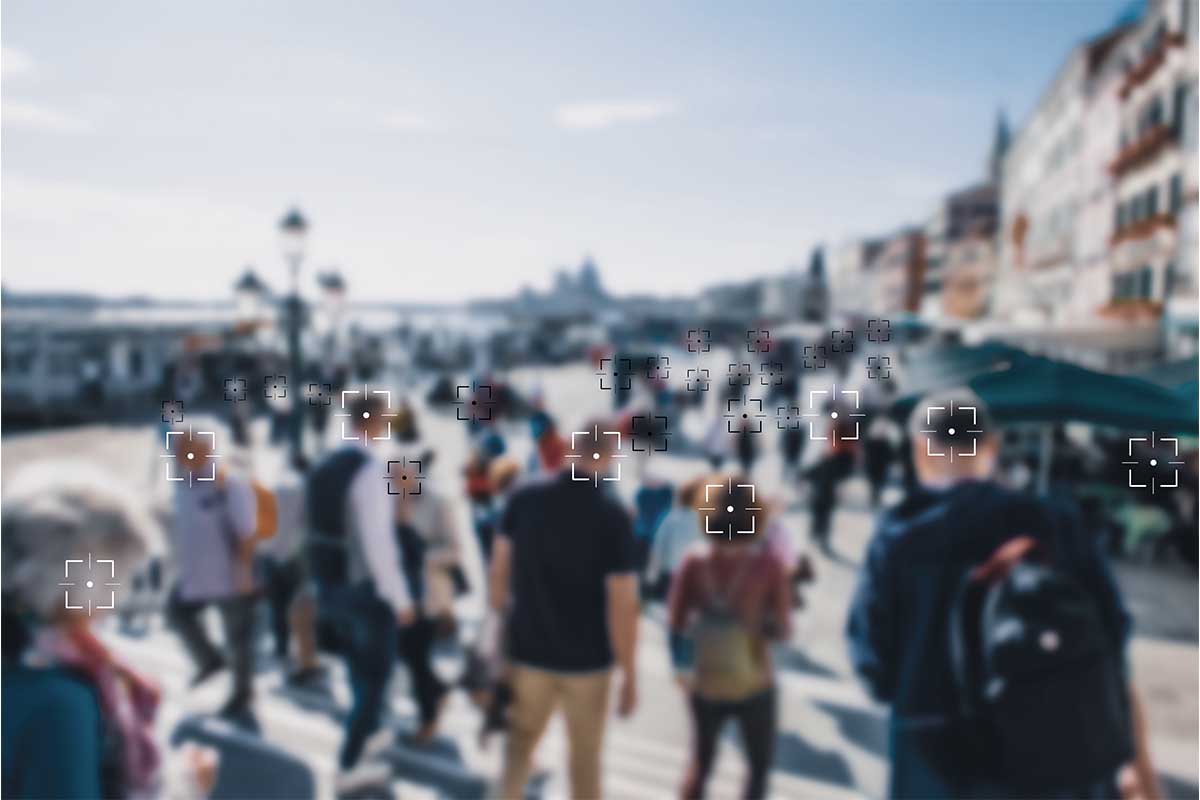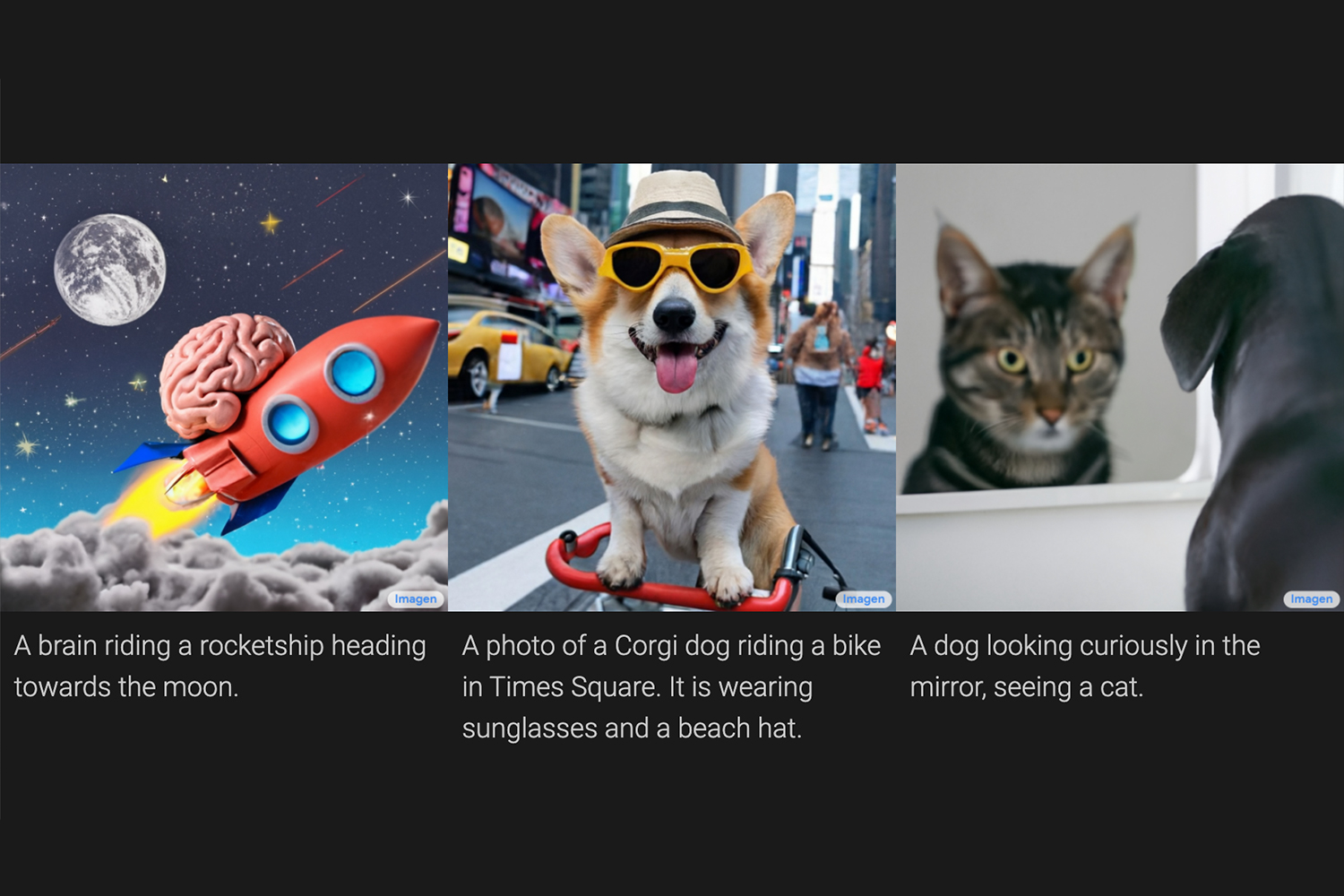A popular image search website may seriously erode your real-life privacy, according to a report from The New York Times.
Reporter Kashmir Hill tested out PimEyes, a $30/month face search engine that turned out to be scarily thorough and accurate. After submitting photos of the faces of a dozen Times employees to the site and checking a terms of service agreement, the site returned a rather nightmare result.
As Hill notes, “PimEyes found photos of every person, some that the journalists had never seen before, even when they were wearing sunglasses or a mask, or their face was turned away from the camera, in the image used to conduct the search.”
The pictures of the reporters included one from an art museum from a decade ago, a crowd shot from a music festival and even a stranger’s photo taken at a Greek airport in 2019 in which the reporter appears in the background.
It gets worse: PimEyes was not scouring social media sites to get these photos, but instead scraping news articles, wedding photography pages, review sites, blogs and even pornography pages — and the mistakes the search engine made usually came from misidentifying the women journalists as possibly being people featured on these adult sites. And while you’re only “supposed” to use PimEyes to search for your own face or those of people who have consented to the search, there’s nothing that prevents anyone from circumventing this flimsy protection.
The site isn’t technically new, but it was bought last year by Giorgi Gobronidze, a 34-year-old academic from the country of Georgia, who believes that some good can come from the site (like people keeping tabs on their online reputation). Apparently, in one weird bit of news, the website didn’t seem to have issues identifying people with darker skin tones, so…the terrifying tech behind PimEyes isn’t racist. Hooray?
There are options to “exclude” photos from results, but that requires a hefty payment as part of an additional “PROtect plan.” (PimEyes says they offer a free tool, but it’s apparently hard to find.) And a free “opt-out” service to remove images apparently didn’t work when the Times tested it.
While German authorities are currently investigating PimEyes, Gobronidze thinks the site can still be used for good, noting that he approved investigative journalists using it when identifying people who stormed the U.S. Capitol on Jan. 6, 2021. He’s also blocked people from Russia from using the site but says he’s willing to allow Ukrainian citizens or Red Cross personnel to use it for free to identify missing people.
Facial search engines might serve a purpose, but even talking the idea in terms of law enforcement or investigative journalism brings up plenty of privacy issues. As well, the idea that you’d be forced to pay money to get photos excluded from searches and it wouldn’t work is “essentially extortion,” as one PimEyes user put it.
Thanks for reading InsideHook. Sign up for our daily newsletter and be in the know.


















